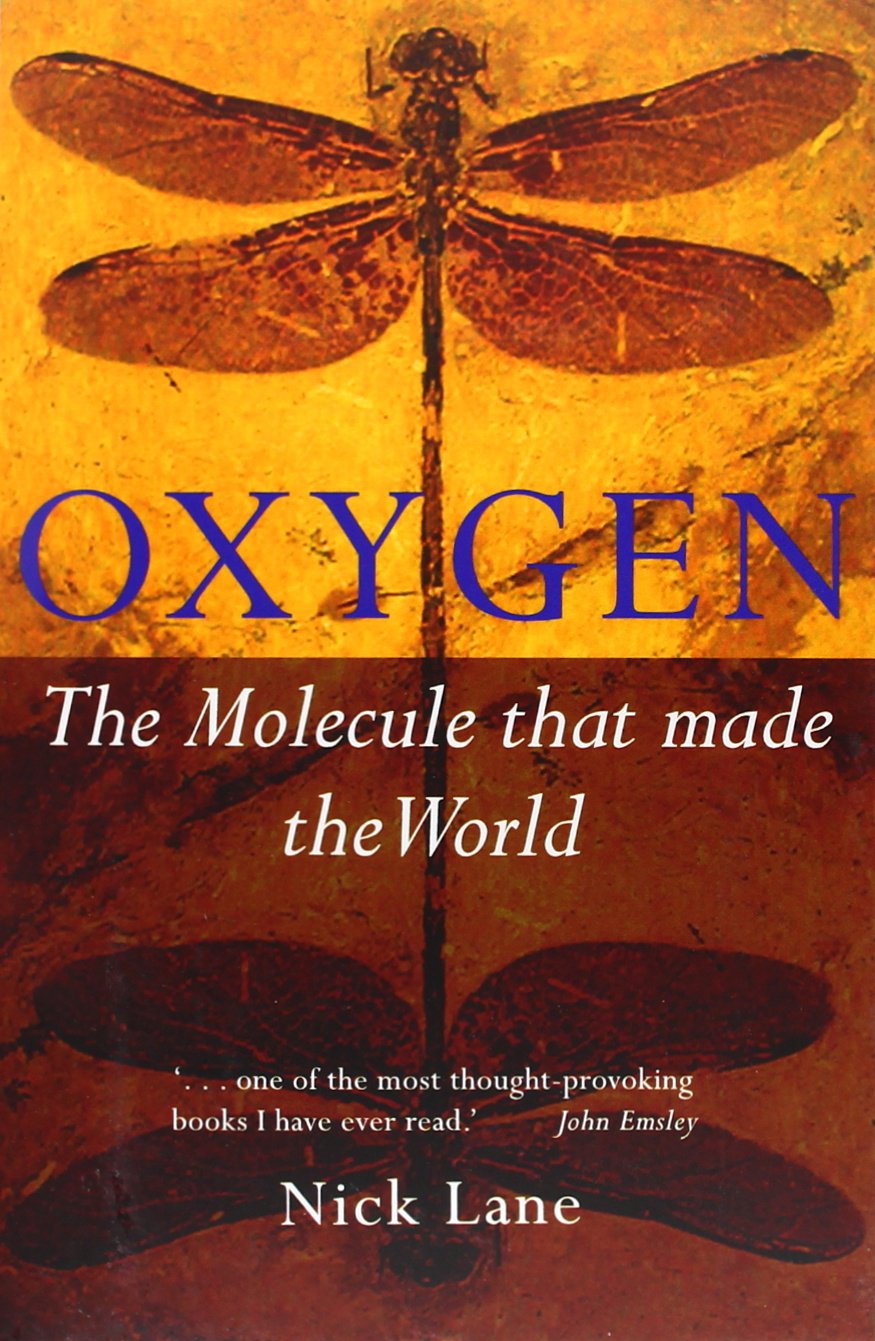Flying creatures are exception. For flight animal needs extreme amounts of energy so in theory bats should have livespan shorter than mice but that's not the case. Somehow bats manage to pass huge amounts of energy during their lifetime and still have pretty decent livespan. Evolution can figure out workarounds for even most fundamental problems if there's proper motivation. Some people think that aging and cancer are just result of evolution sloppiness cause by the lack of need for cancer-free, living longer than necessary individuals.
https://en.wikipedia.org/wiki/Rate-of-living_theory https://en.wikipedia.org/wiki/Mitochondrion#Possible_relatio...
There's another clue that mitochondria age and get worse as they work and and are very important. All of our mitochondria come from female reproductive cell. Mitochondria from male reproductive cells are discarded, possibly because they degraded when male reproductive cell traveled meet to female reproductive cell. Female reproductive cell is inert and created very early in life and stored throughout lifetime to provide untarnished mitochondria to offspring. Male reproductive cells are created throughout life of an individual, but they get gradually less mobile when they were made by older individual. It's possible that this loss of mobility is caused by damage that mitochondria sustained during male lifetime.
I can recommend https://www.amazon.com/Oxygen-Molecule-World-Popular-Science...
It's bit speculative towards the end but makes many very interesting points. Written by Nick Lane, Professor of Evolutionary Biochemistry in the Department of Genetics, Evolution and Environment at University College London
Another clue that mitochondria have costant damaging effect on cells probably increasing in intensity with aging http://www.medicalnewstoday.com/articles/306179.php
To give a simplified view, the big obstacles are a) a technology capable of repairing damaged mythocondrial material in a living organism and b) a technology capable of repairing neural cells w/o replacing them (that is if you want to preserver 'you', not just your body). That is assuming that our current understanding of senescence[1] is even mildly accurate.
[0] http://www.amazon.com/Oxygen-Molecule-World-Popular-Science/... [1] https://en.wikipedia.org/wiki/Senescence [2] http://www.nick-lane.net/double-agent%20theory.pdf


It goes like this: early earth was subjected to solar radiations which hit our liquid water, splitting H2O into separate oxygen and hydrogen elements. The very light hydrogen atoms (as ions, or maybe H2?) were escaping into space while the oxygen was trapped by oxydizing rocks.
With the rise of cyanobacteria produced O2, the rocks became fully oxydized and O2 started to build up in the air: the split hydrogen would be more likely to recombine with atmospheric O2, keeping them on earth, and the ozone (O3) layer started to shield the water from these radiations in the first place, thus stopping the process and safeguarding our oceans.
[1] https://www.amazon.com/dp/0198607830 (very cool read mixing early earth history, the rise of life, geology, biochemistry and phylogenetics + Dr Lane is an excellent writer. Published in 2002, he has many more good updated articles about it.)